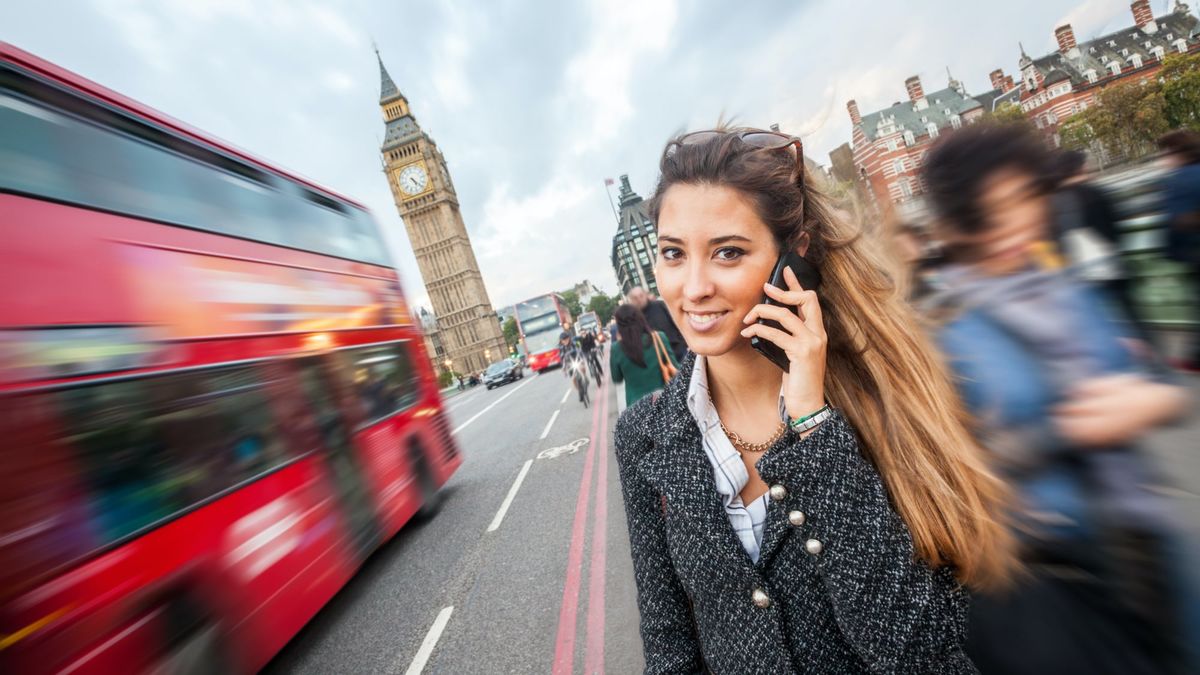Vaccinated Brits to enjoy more travel, less isolation
New measures will also replace self-isolation with on-arrival COVID tests for visitors from many countries.

Britons who have received both doses of a coronavirus vaccine are set to be given more freedom to travel around the world from July 19, under plans due to be announced Thursday.
Officials have been working on an overhaul of the pandemic rules for foreign trips so that passengers returning to England from destinations on the government’s “amber list” – judged to be medium risk for coronavirus – won’t need to isolate for 10 days.
Instead they will be told to take Covid tests after arrival, people familiar with the matter said.
Transport Secretary Grant Shapps will set out the measures, which will also detail how the new rules will affect under-18s who are not currently being vaccinated, in a statement to the U.K. Parliament.
The change is set to come into force from July 19 when other pandemic rules are eased. It will coincide with the start of the school holidays, and will be a boost to the ailing travel industry, which has struggled with lockdowns and closed borders for more than a year.
“Double vaccination is a great liberator,” Prime Minister Boris Johnson said in evidence to a committee in Parliament on Wednesday. “In principle and in practice, it’s going to be great.”
Giving travel the green light
Under existing rules on foreign travel, visitors to more than 100 destinations including the vital U.S. market and some of the most popular European destinations are required to isolate for 10 days on their return to the U.K.
That’s because these destinations are on the government’s “amber list,” rated as medium risk for coronavirus.
The government currently advises Britons not to travel to destinations on the amber list or the high risk red list, with only a handful of countries judged to be safe enough to put on the green list.
Johnson and his team are grappling with how best to reopen the economy now that 65% of U.K. adults have received both doses of Covid vaccines.
Yet even as the rollout of shots continues, a surge in infections from the delta variant is complicating the government’s efforts to lift restrictions.
On Wednesday, 32,548 people tested positive for Covid-19, and another 33 deaths were recorded. Officials have suggested that as many as 100,000 new cases a day could be recorded later this summer.
‘Balancing the risks’
While most pandemic restrictions in England will end July 19, the requirement to isolate if a person has been in contact with a positive case will continue until August 16.
That delay to ending the isolation requirement for “close contacts” has fueled concern that millions of people will be forced to stay at home, damaging efforts to reopen businesses.
On Wednesday, Johnson defended his policy on self-isolation, saying the government needed to “balance” the risks. “This is a highly contagious disease. We have to do what we can to stop its spread,” he said.
Kate Nicholls, boss of trade body UKHospitality, said the sector was suffering “carnage” and the delay to ditching the isolation rules will discriminate against the younger workforce who will not have been offered both doses of the vaccines by August 16.
“With cases predicted to continue to rise, this means that hospitality’s recovery after 16 months of lockdown and severely disrupted trading will be harmed,” she said.
This article is published under license from Bloomberg Media: the original article can be viewed here
